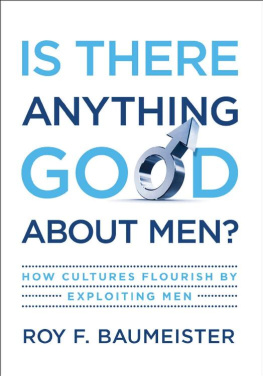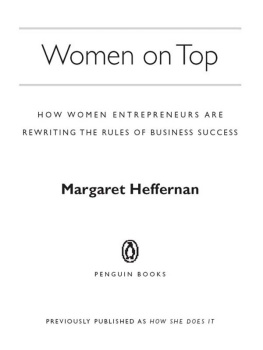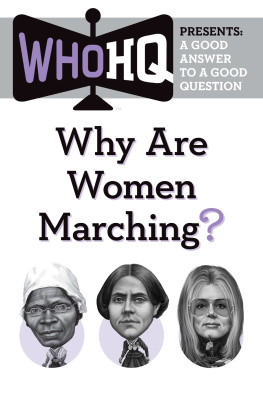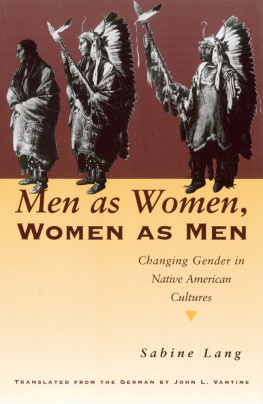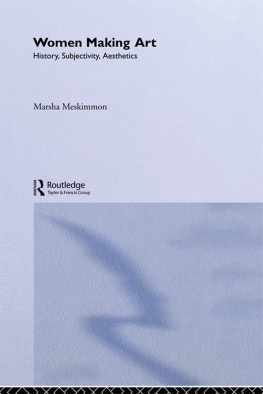Roy F. Baumeister - Is There Anything Good About Men?: How Cultures Flourish by Exploiting Men
Here you can read online Roy F. Baumeister - Is There Anything Good About Men?: How Cultures Flourish by Exploiting Men full text of the book (entire story) in english for free. Download pdf and epub, get meaning, cover and reviews about this ebook. year: 2010, publisher: Oxford University Press, genre: Romance novel. Description of the work, (preface) as well as reviews are available. Best literature library LitArk.com created for fans of good reading and offers a wide selection of genres:
Romance novel
Science fiction
Adventure
Detective
Science
History
Home and family
Prose
Art
Politics
Computer
Non-fiction
Religion
Business
Children
Humor
Choose a favorite category and find really read worthwhile books. Enjoy immersion in the world of imagination, feel the emotions of the characters or learn something new for yourself, make an fascinating discovery.
- Book:Is There Anything Good About Men?: How Cultures Flourish by Exploiting Men
- Author:
- Publisher:Oxford University Press
- Genre:
- Year:2010
- Rating:3 / 5
- Favourites:Add to favourites
- Your mark:
Is There Anything Good About Men?: How Cultures Flourish by Exploiting Men: summary, description and annotation
We offer to read an annotation, description, summary or preface (depends on what the author of the book "Is There Anything Good About Men?: How Cultures Flourish by Exploiting Men" wrote himself). If you haven't found the necessary information about the book — write in the comments, we will try to find it.
Have men really been engaged in a centuries-old conspiracy to exploit and oppress women? Have the essential differences between men and women really been erased? Have men now become unnecessary? Are they good for anything at all?
In Is There Anything Good About Men?, Roy Baumeister offers provocative answers to these and many other questions about the current state of manhood in America. Baumeister argues that relations between men and women are now and have always been more cooperative than antagonistic, that men and women are different in basic ways, and that successful cultures capitalize on these differences to outperform rival cultures. Amongst our ancestors---as with many other species--only the alpha males were able to reproduce, leading them to take more risks and to exhibit more aggressive and protective behaviors than women, whose evolutionary strategies required a different set of behaviors. Whereas women favor and excel at one-to-one intimate relationships, men compete with one another and build larger organizations and social networks from which culture grows. But cultures in turn exploit men by insisting that their role is to achieve and produce, to provide for others, and if necessary to sacrifice themselves. Baumeister shows that while men have greatly benefited from the culture they have created, they have also suffered because of it. Men may dominate the upper echelons of business and politics, but far more men than women die in work-related accidents, are incarcerated, or are killed in battle--facts nearly always left out of current gender debates.
Engagingly written, brilliantly argued, and based on evidence from a wide range of disciplines, Is There Anything Good About Men? offers a new and far more balanced view of gender relations.
**
Roy F. Baumeister: author's other books
Who wrote Is There Anything Good About Men?: How Cultures Flourish by Exploiting Men? Find out the surname, the name of the author of the book and a list of all author's works by series.

